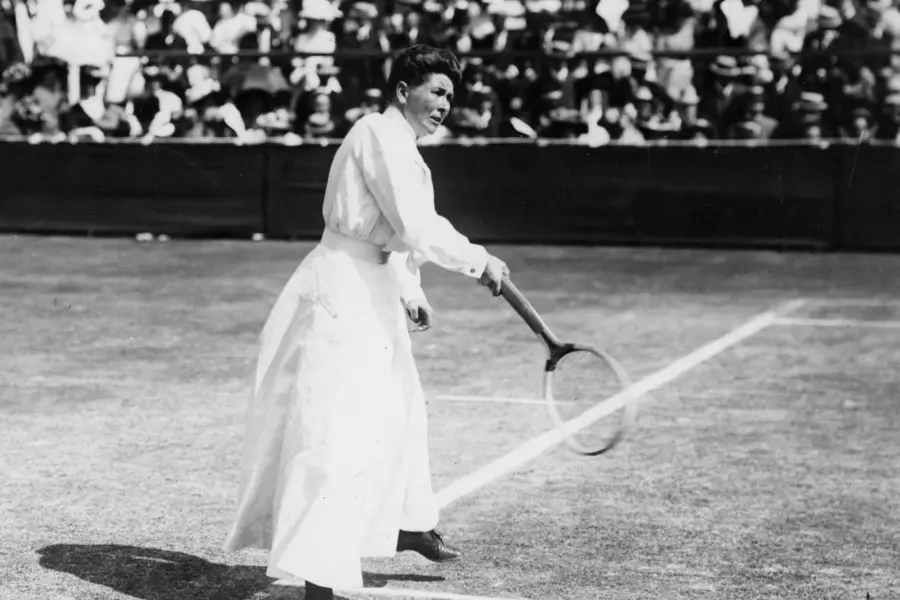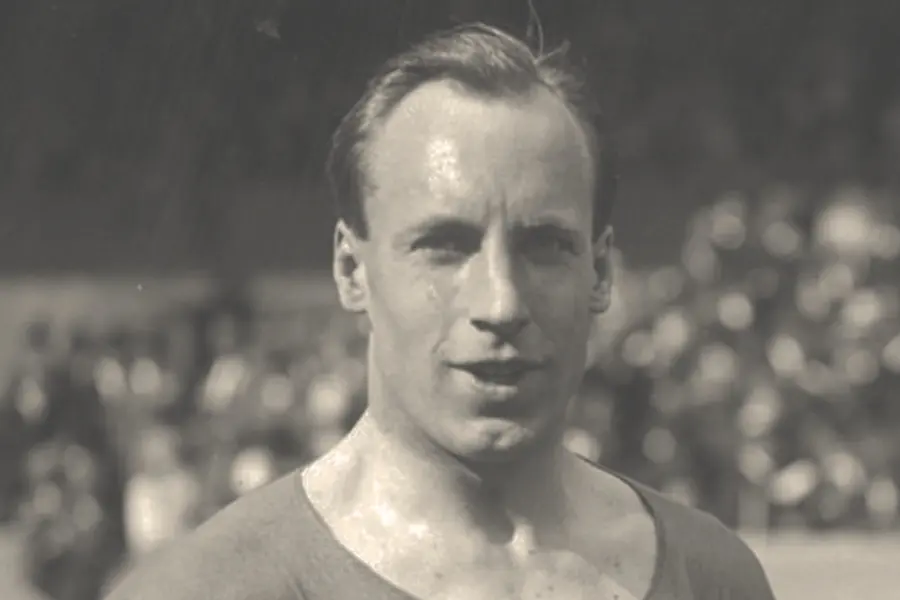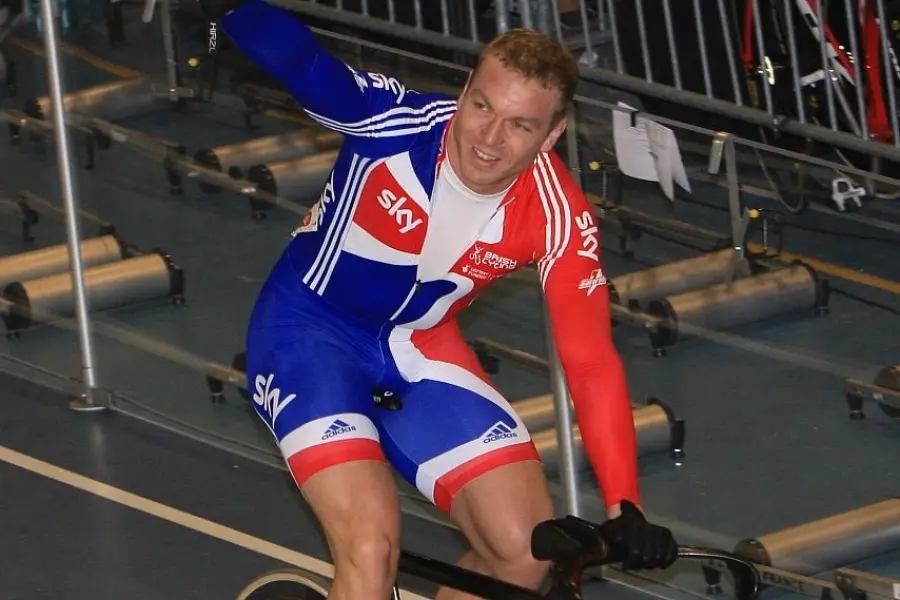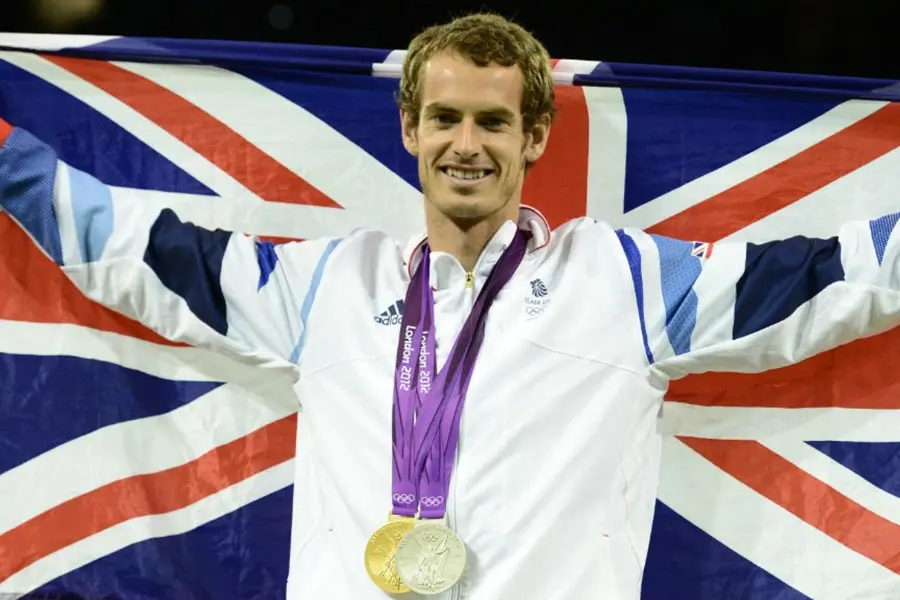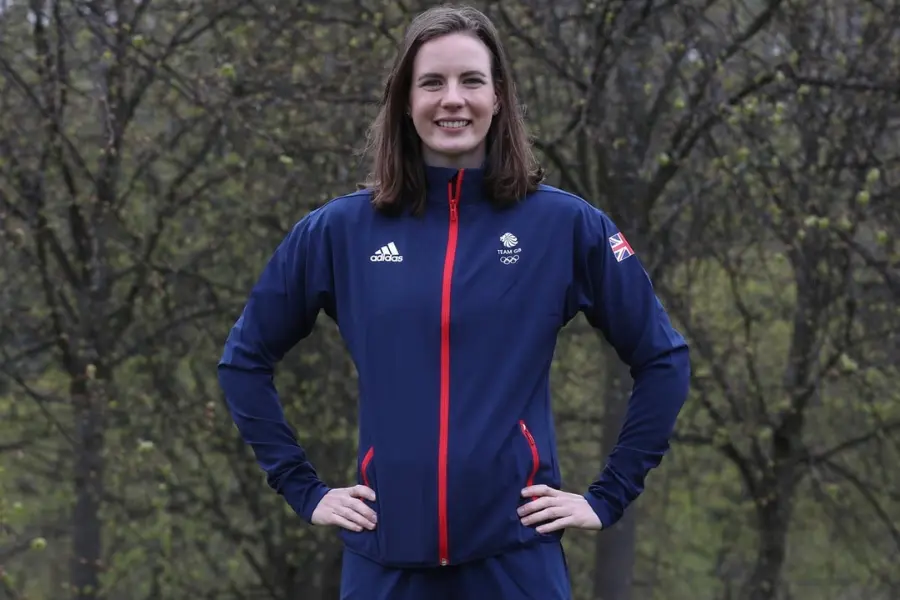With the Olympic Games Paris 2024 just around the corner, we're taking a look at the history of the world's greatest celebration of sport. From it's ancient beginnings to the celebration of Team GB and some of Scotland's greatest athletes, read on to find out more.
The Ancient Olympic Games
How did Olympic Games Begin?
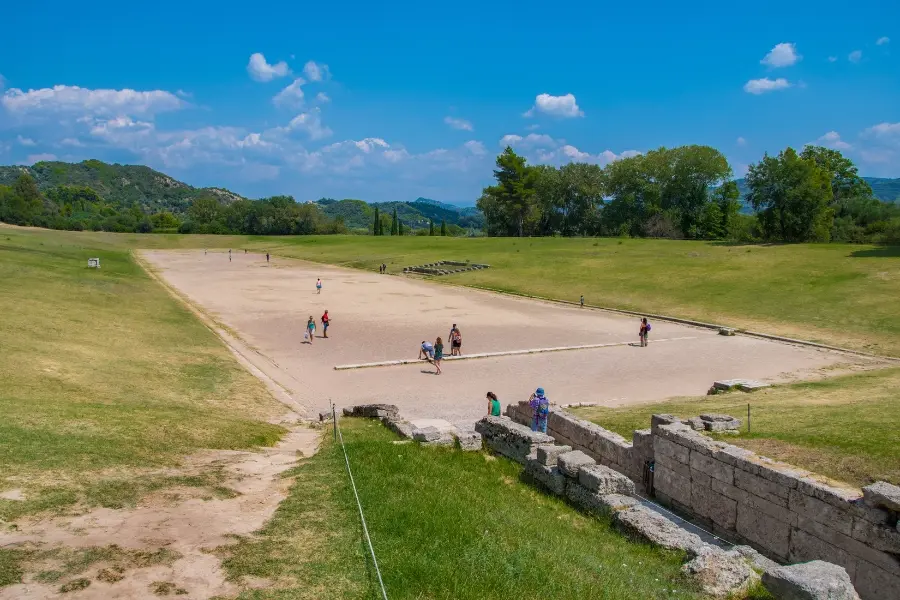
Stadium of Olympia - Site of the Ancient Olympic Games
The Greeks were passionate about athletics, and the Olympic Games stood as the premier sporting event in the ancient calendar. The Olympic Games have a storied history that dates back to ancient Greece, specifically to the town of Olympia in the 8th century BC. The origins of the Games are steeped in myth and legend, often attributed to various gods and heroes of Greek mythology.
Every four years, around 50,000 people from all over Greece gathered to observe and participate. The most popular story credits the establishment of the Games to Heracles (Hercules), the son of Zeus.
Historical records, however, place the inception of the Olympic Games around 776 BC, when they were held in honour of Zeus, the king of the Greek gods. These early Games were a part of a religious festival that included various athletic competitions and rituals meant to pay tribute to the gods.
What Were the Early Olympic Sports?
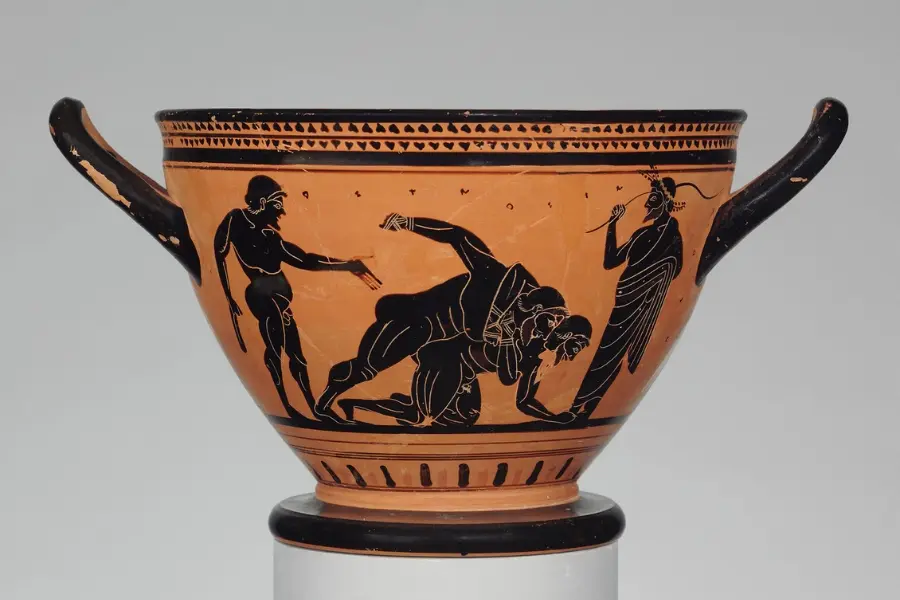
Terracotta skyphos (deep drinking cup), ca. 500 B.C. Greek, Attic. Attributed to the Theseus painter. Terracotta, 6 ½ × 9 in. (16.2 × 22.5 cm). The Metropolitan Museum of Art, New York, Purchase, Rogers Fund, 1906 (06.1021.49)
The early Olympic Games featured a variety of athletic events that tested the physical prowess of the participants. The first recorded event was the Stadion Race, a footrace that covered approximately 192 meters.
Over time, the program expanded to include other running events, wrestling, boxing, pankration (a form of martial arts combining wrestling and boxing), and the pentathlon, which comprised five different events: running, long jump, discus throw, javelin throw, and wrestling. Chariot racing and horse racing were also introduced, reflecting the skills valued in ancient Greek warfare and society.
During this era, there were no gold, silver, or bronze medals; instead, victors were awarded a wreath of leaves and received a hero's welcome upon returning home.
Who Was Allowed to Participate in the Olympics?
Participation in the ancient Olympic Games was highly exclusive. Only freeborn Greek men were allowed to compete, which excluded slaves, foreigners, and women. Women were not only barred from participating but were also forbidden from attending the Games under penalty of death. The one exception to this exclusion was the priestess of Demeter, who was allowed to observe the competitions.
Despite these restrictions, the Games were immensely popular and attracted competitors and spectators from various Greek city-states, fostering a sense of unity and shared cultural identity among the Greeks.
The ancient Olympic Games continued for nearly twelve centuries, with the last recorded Games held in 393 AD. They were abolished by the Roman Emperor Theodosius I, who sought to suppress pagan practices in favour of Christianity. The spirit of the Olympics lay dormant until the modern era, (when they were revived in 1896 by the efforts of Pierre de Coubertin).
The Modern Olympic Games
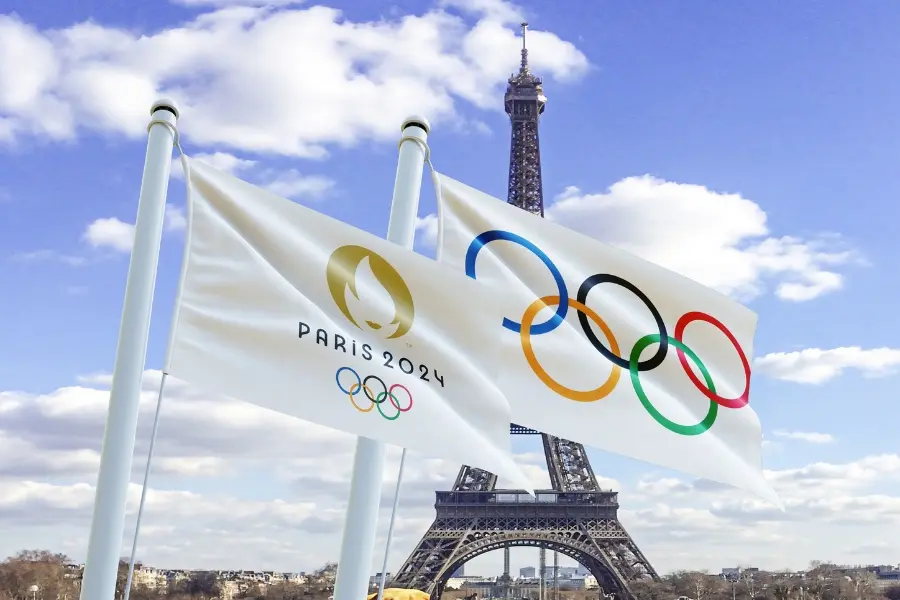
When Were Modern Olympic Games revived?
In the late 19th century, numerous attempts were made to revive an international sporting event, but they failed due to a lack of coordination within the global sporting community. It was not until one individual decided otherwise and brought the main stakeholders together in Paris.
At the first Olympic Congress, the Olympic Games were revived, organised by Baron Pierre de Coubertin at the Grand Amphitheatre of the Sorbonne University from June 16 to 23, 1894. The event was attended by two thousand individuals, including 58 French delegates from 24 sports organisations and clubs, along with 20 delegates from Belgium, Great Britain, Greece, Ireland, Italy, Russia, Spain, Sweden, and the United States, representing 13 foreign sports federations.
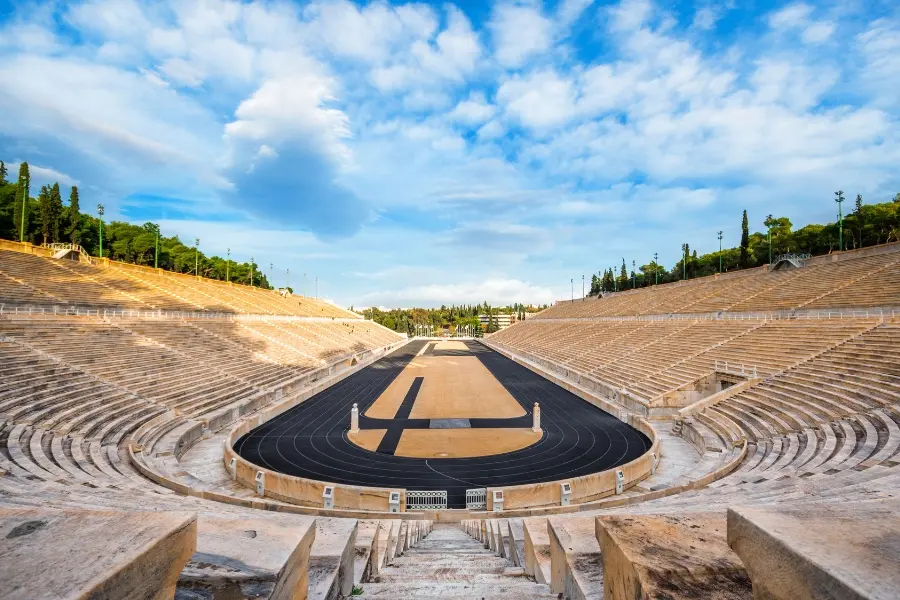
Panathenaic Stadium in Athens - Site of the first modern Olympic Games
Two years after the establishment of the International Olympic Committee, the inaugural modern Olympic Games took place in Athens, Greece, in 1896. The event featured athletes from 13 nations competing in various sports, a feat largely attributed to the efforts of Coubertin.
Coubertin's vision for the Olympics was guided by the principles of promoting physical education, fostering friendly competition, and encouraging global peace. He believed that sports could transcend political and social differences, bringing people together in a spirit of mutual respect and admiration. The creation of the IOC formalised these principles, establishing a framework for the governance and organization of the Games that persists to this day. The revival of the Olympic Games thus marked a significant moment in the history of international sports, laying the foundation for what would become one of the most celebrated global events
When Were Women Were Finally Allowed to Participate in the Olympic Games?
The early Olympics were solely male events, with women first allowed to compete in the 1900 Paris Games, marking a step towards inclusivity and gender equality within the Olympic movement. At this event, women participated for the first time, and Charlotte Cooper, a British tennis player who was a five-time Wimbledon champion, became the first female Olympic champion. Of the 997 athletes, 22 were women, competing in just five sports: tennis, sailing, equestrian events, croquet and golf.
The first modern Olympics of 1896 saw the participation of 241 athletes from 14 countries, a modest but significant beginning compared to the global spectacle the Games would later become. The events included traditional athletic competitions such as track and field, gymnastics, cycling, swimming, wrestling, and shooting.
Scotland’s History at the Olympic Games
The Flying Scotsman - Eric Liddell
Scottish athletes have played a significant role in the history of the Olympic Games as part of Team Great Britain (Team GB). Since the inception of the modern Olympics in 1896, Scottish sportsmen and women have contributed to many of Team GB's most memorable successes. Iconic figures such as Eric Liddell, whose story was famously depicted in the film "Chariots of Fire," brought international acclaim in the 1924 Paris Games with his gold medal in the 400 meters.
Scotland's Most Decorated Olympian - Sir Chris Hoy
The 21st century saw continued excellence, with cyclists like Sir Chris Hoy, who became Scotland's most decorated Olympian, amassing a total of six gold medals and one silver across four Olympic Games.
Andy Murray - Olympic Success
Andy Murray, a distinguished figure in Scottish sports, has achieved remarkable success by winning two Olympic gold medals in tennis. Murray’s first gold medal was at the 2012 London Olympics, where he dominated Roger Federer in singles with straight sets (6-2, 6-1, 6-4). The most surprising aspect of the match was how Murray, who had lost to Federer at Wimbledon 2012 in four sets (4-6, 7-5, 6-3, 6-4) just a month prior, easily overcame the world's No. 1-ranked tennis player. He also became the first British man to win the Olympic singles gold medal since Josiah Ritchie in 1908.
This was followed by a second gold in Rio de Janeiro in 2016, where he faced Juan Martin del Potro in an epic final, winning with scores of 7-5, 4-6, 6-2, 7-5, thus securing his place in the record books. These victories not only raised his profile in the international tennis community but also cemented his status as one of Scotland's greatest athletes.
Recent Success at the Olympics
In recent years, athletes like swimmer Duncan Scott have upheld this legacy, winning multiple medals including gold, at the Tokyo 2020 Olympics in Men’s 4 x 200 metre freestyle relay team. In addition, he secured three silver medals in the Men's 200-metre freestyle, Men's 200-metre individual medley, and the Men's 4 × 100-metre medley relay.
Kathleen Dawson contributed to Scotland's success with a gold medal in the Mixed 4 × 100-meter medley relay at the same event. Cyclist Katie Archibald won gold in the Women's Madison with Laura Kenny and in the Women's team pursuit at Rio 2016. Rower Heather Stanning won gold in the Women's coxless pair at Rio 2016 and London 2012.
We can't wait to see what history is written at the Paris 2024 Olympic Games, and look forward to seeing Team GB in action. Want to get involved? Play and train like an Olympian at Oriam this summer and discover a world of sport all under one roof.

